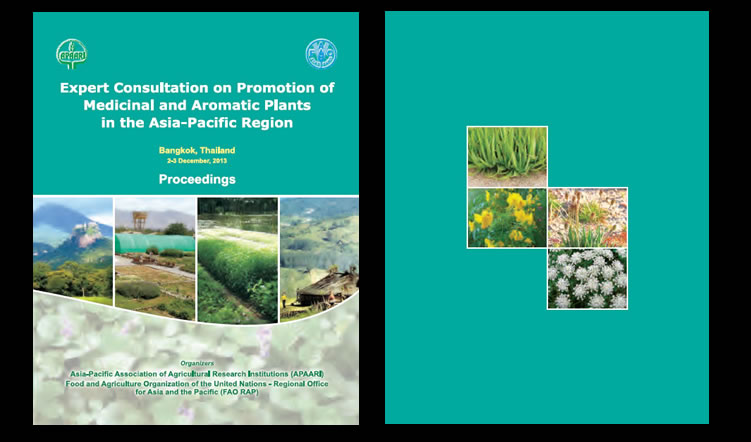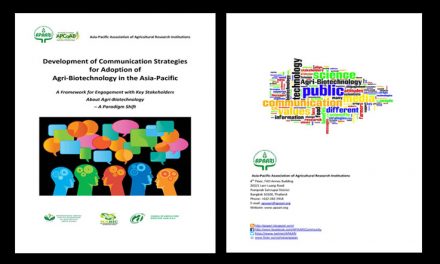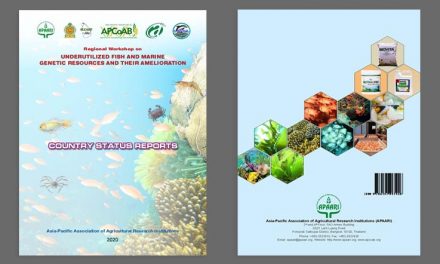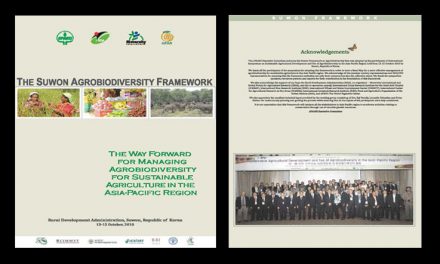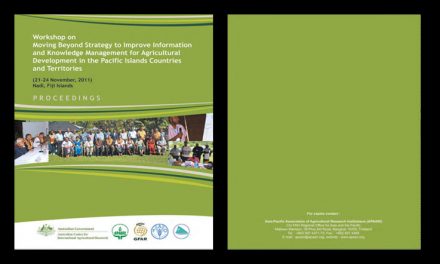It is well known that over 80 per cent of the world’s population depends largely on traditional medicines derived from plants for their healthcare. In some developed countries, medicinal and aromatic plants have moved from essentially unknown, minor agricultural plants to crops that many farmers consider economically remunerative, safe and beneficial to society. Today, many valuable medicinal and aromatic plants are available in Asia and the Pacific. Any threat to these valuable resources will not only jeopardize the health of millions of people in the region, but will also affect the livelihoods of resource poor farmers and communities that depend on them. Therefore, more focus should be placed on research, development and marketing of medicinal and aromatic plants by countries in Asia and the Pacific.
In view of the above concerns, a Regional Expert Consultation on Promotion of Medicinal an Aromatic Plants in Asia and the Pacific Region was organized jointly by FAO and APAARI on 2-3 December 2013 in Bangkok, Thailand. The consultation was attended by 38 experts from 14 countries. The expert consultation provided a neutral platform to share knowledge and experiences, to discuss a future Road Map to promote medicinal and aromatic plants, and to hold in-depth discussions and assess national and regional priorities. It also enabled participants to address the emerging issues and challenges for making this vital MAP sector more vibrant, demand driven and market oriented.
These proceedings provide the main recommendations of the expert consultation as well as extended summaries of lead papers and country reports. It is hoped that the recommendations that emerged from the consultation will draw the attention of policy-makers, administrators, researchers, industry, farmers and other stakeholders to the need for enhancing research, development and extension efforts in promoting medicinal and aromatic plants in the Asia-Pacific region.
Expert Consultation Medicinal Aromatic Plants 2013 (6626 downloads)

